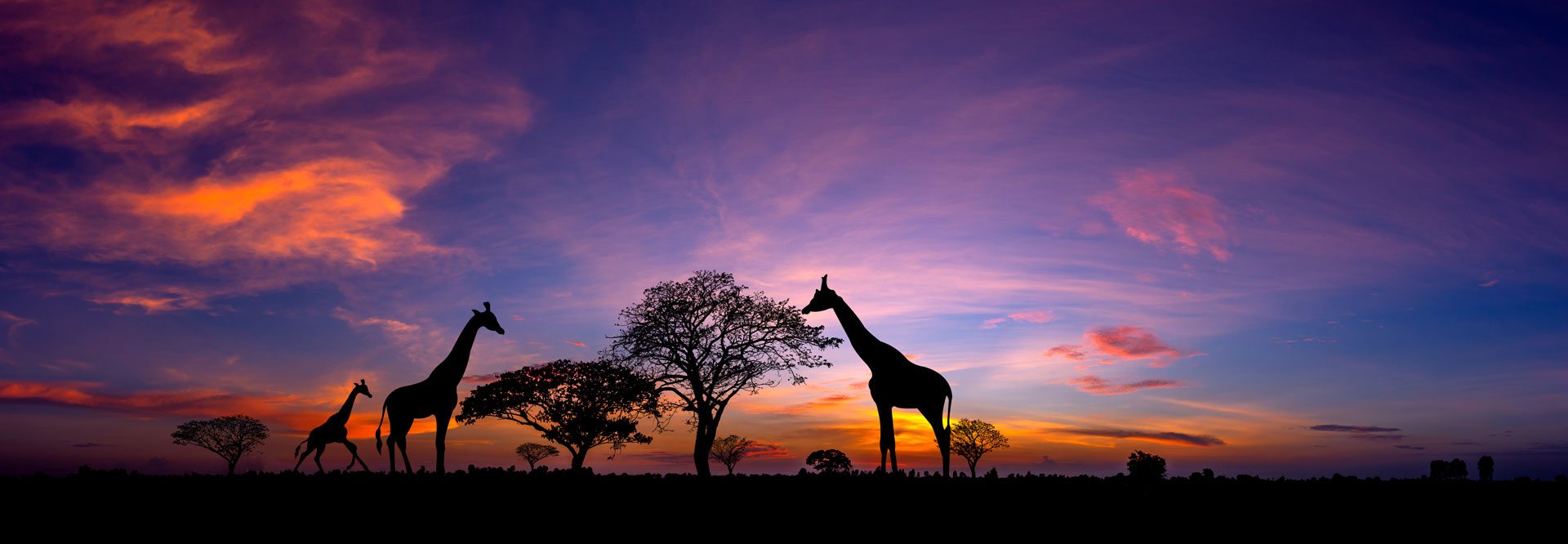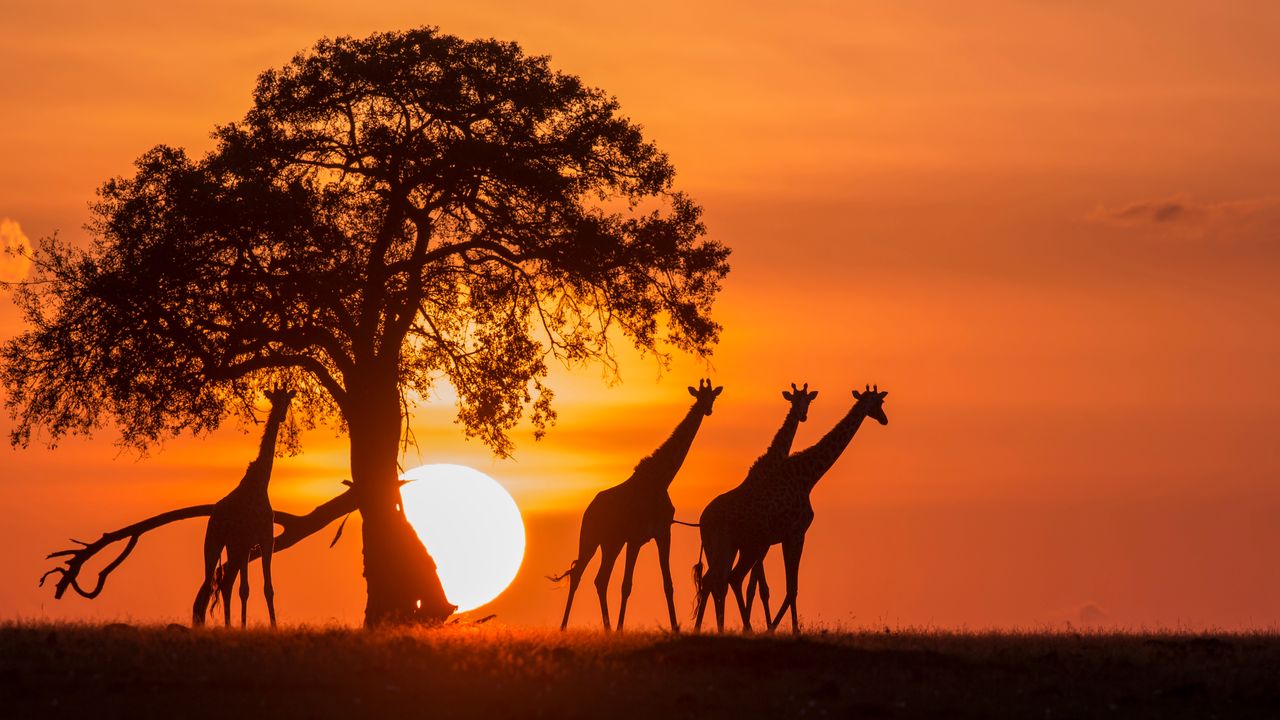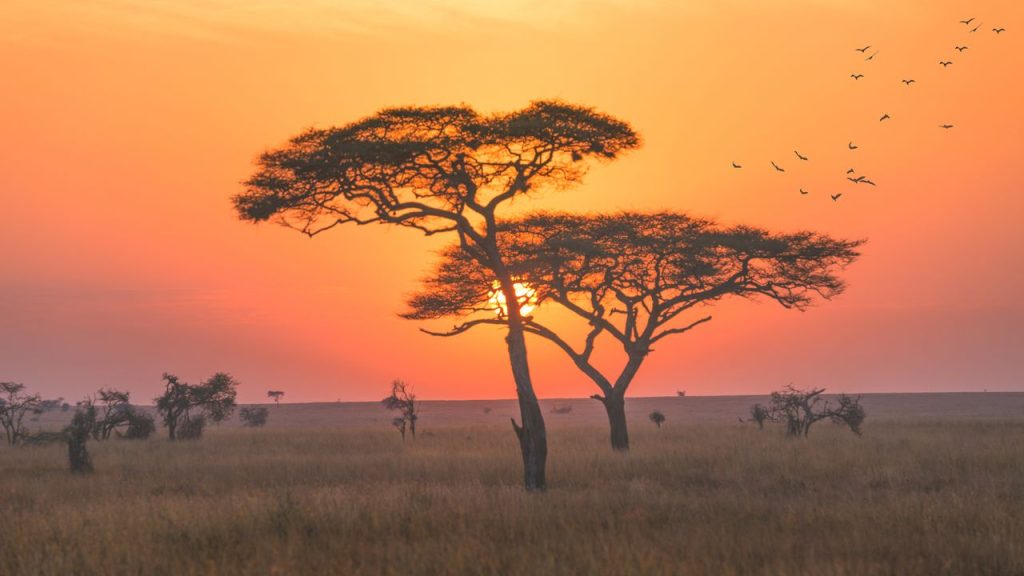Embarking on the Adventure of a Lifetime: Mount Kilimanjaro Trek
Are you ready to challenge yourself and conquer the highest peak in Africa? Mount Kilimanjaro, located in Tanzania, is a dream destination for adventure seekers and nature enthusiasts alike. This majestic mountain offers a once-in-a-lifetime experience that will leave you in awe of its beauty and your own capabilities. In this article, we will explore the cost of Kilimanjaro trekking, the unique flora you will encounter, and the importance of knowledgeable guides.
Kilimanjaro Trekking Cost
Embarking on a Kilimanjaro trek is an investment in both your physical and mental well-being. While the cost may vary depending on various factors such as the route chosen, duration, and group size, it is essential to consider the value you will gain from this extraordinary experience.
When planning your Kilimanjaro trek, it is crucial to select a reputable tour operator that provides a comprehensive package. This package typically includes transportation, accommodation, meals, park fees, and the services of experienced guides and porters. While it may seem like a significant expense upfront, remember that you are not just paying for a hike; you are investing in an adventure that will stay with you for a lifetime.
Moreover, keep in mind that the cost of your trek also contributes to the local economy and supports the conservation efforts of the Kilimanjaro National Park. By choosing a responsible tour operator, you can ensure that your journey has a positive impact on the environment and the communities surrounding the mountain.
Kilimanjaro Flora: A Botanical Wonderland
As you ascend Mount Kilimanjaro, you will witness a remarkable transformation in the flora. The mountain’s diverse ecosystems create a botanical wonderland that is truly breathtaking. From lush rainforests to alpine deserts, each zone boasts its own unique plant life.
At the lower slopes, you will find yourself surrounded by dense rainforests, where towering trees, vibrant flowers, and moss-covered rocks create a magical atmosphere. As you continue your ascent, the vegetation becomes sparser, giving way to heather and moorland. The higher you climb, the more the landscape transforms into an otherworldly alpine desert, with only the hardiest of plants able to survive.
One of the most iconic plants you will encounter on your Kilimanjaro trek is the giant groundsels. These peculiar-looking plants, with their elongated stalks and cabbage-like leaves, are endemic to the mountain and add an element of surreal beauty to the landscape.
The Importance of Knowledgeable Guides
Embarking on a Kilimanjaro trek is not something to be taken lightly. It requires careful planning, physical preparation, and, most importantly, the guidance of experienced and knowledgeable guides.
Local guides who are familiar with the mountain’s terrain, weather patterns, and altitude-related challenges are invaluable assets during your trek. They will not only lead you safely to the summit but also provide you with insights into the mountain’s history, culture, and natural wonders.
Additionally, guides play a crucial role in ensuring your safety and well-being throughout the trek. They are trained to recognize the signs of altitude sickness and can provide guidance on how to acclimatize effectively. Their expertise and support will give you the confidence to push your limits and reach the summit of Mount Kilimanjaro.
In conclusion, a Kilimanjaro trek is an adventure that will test your physical and mental strength while immersing you in the awe-inspiring beauty of nature. The cost of the trek is an investment in an experience that will stay with you forever, and it also contributes to the local economy and conservation efforts. The diverse flora you encounter along the way will leave you in awe, and the guidance of knowledgeable guides is essential for a safe and successful journey. So, are you ready to embark on the adventure of a lifetime and conquer Mount Kilimanjaro?


